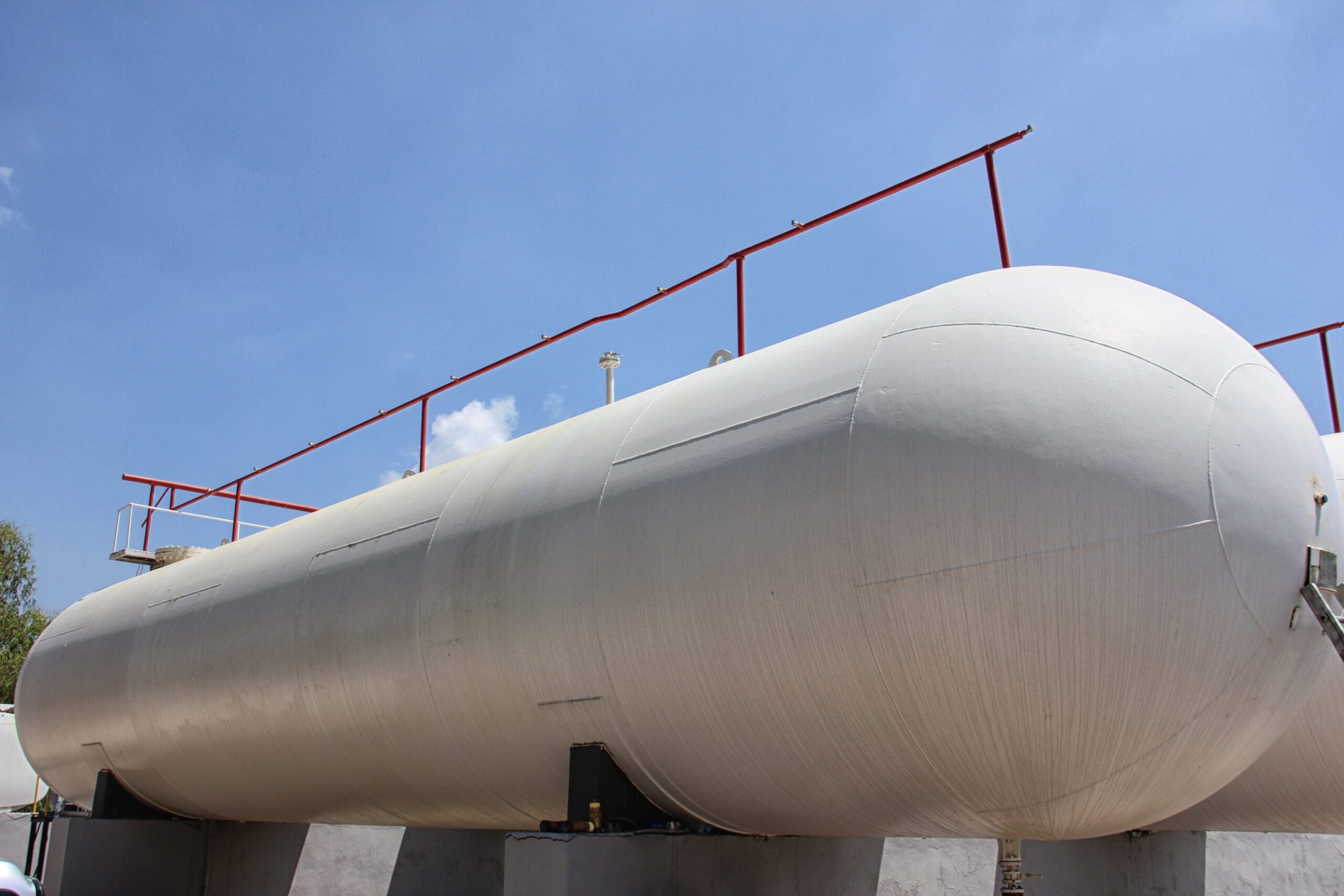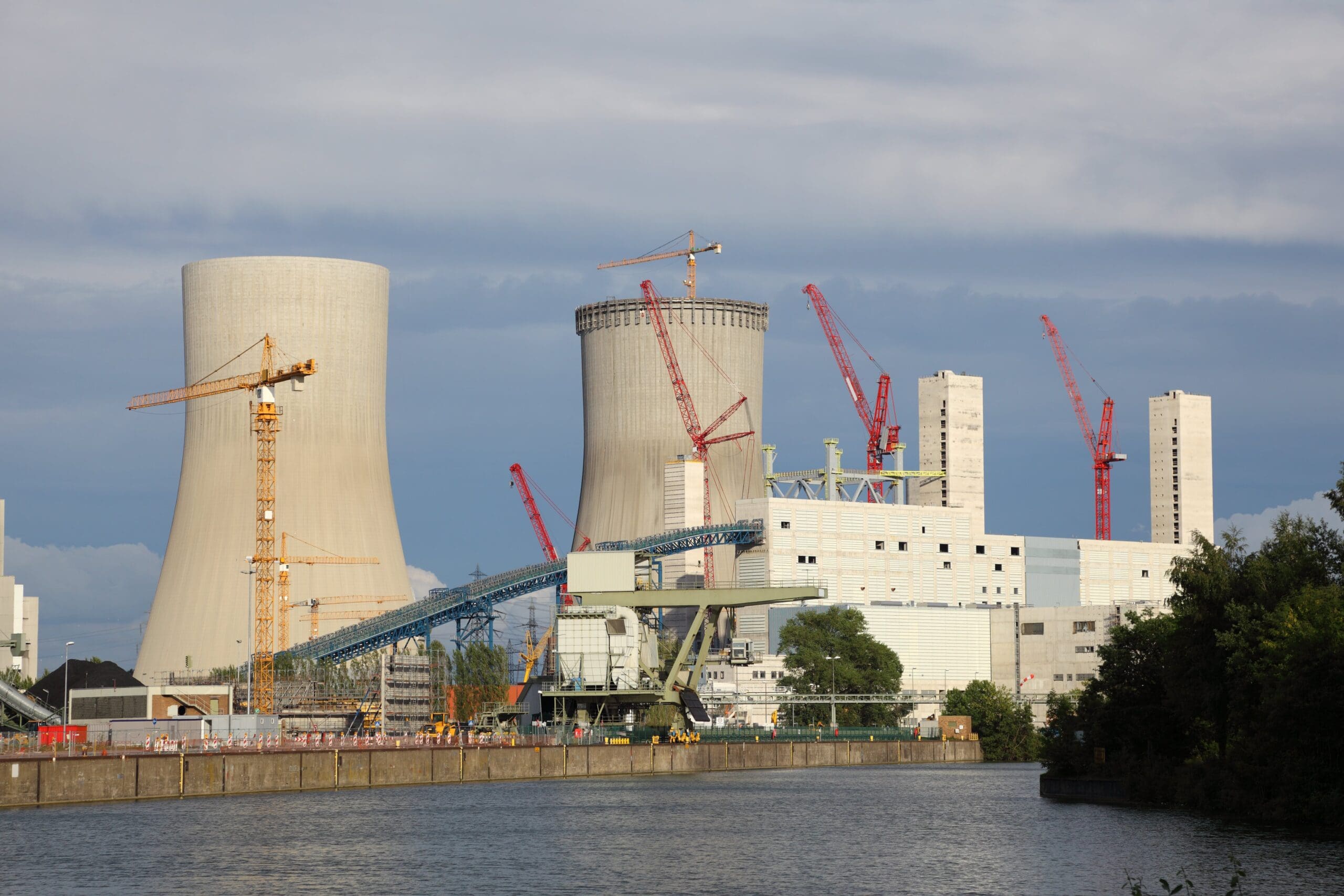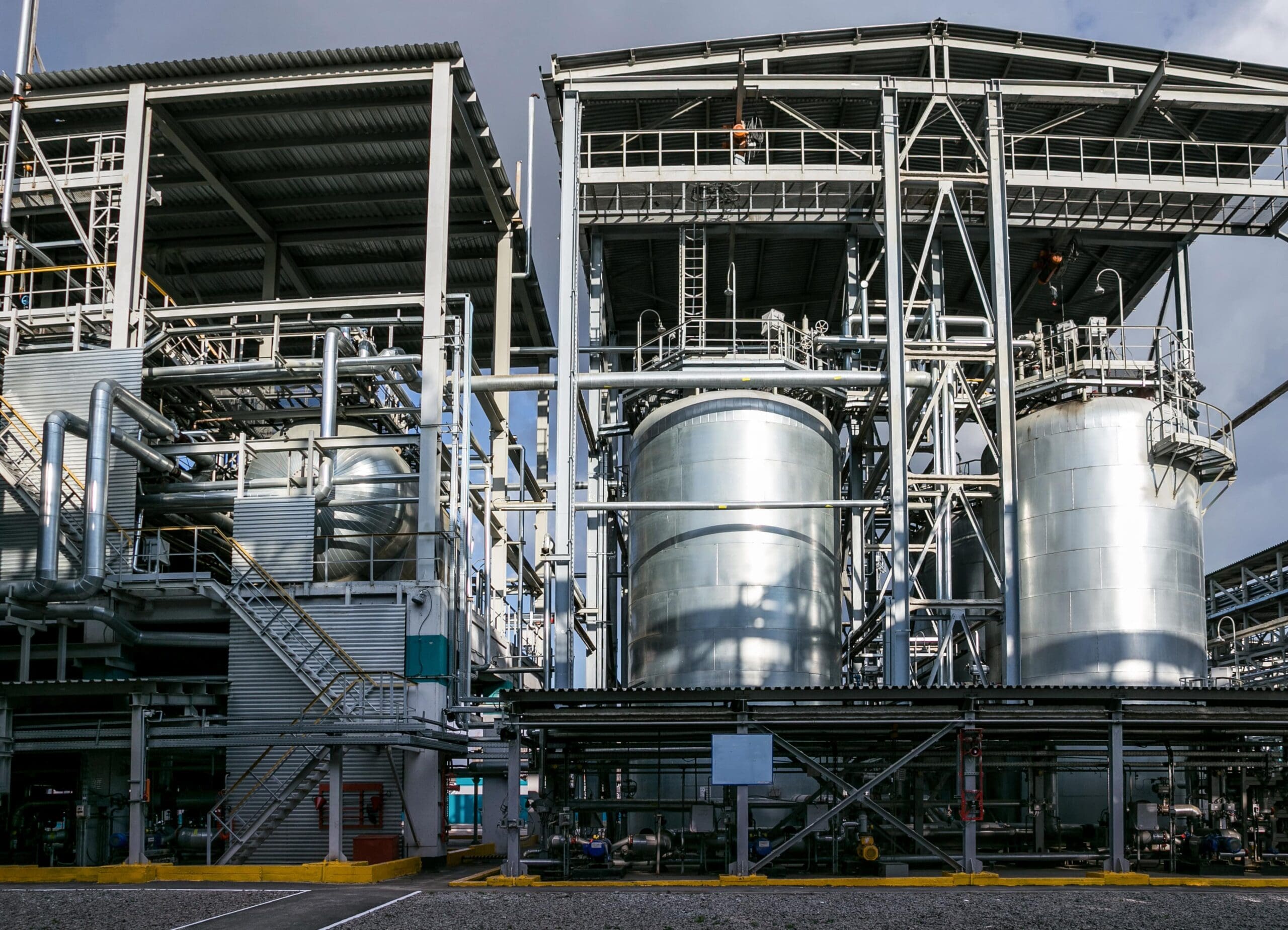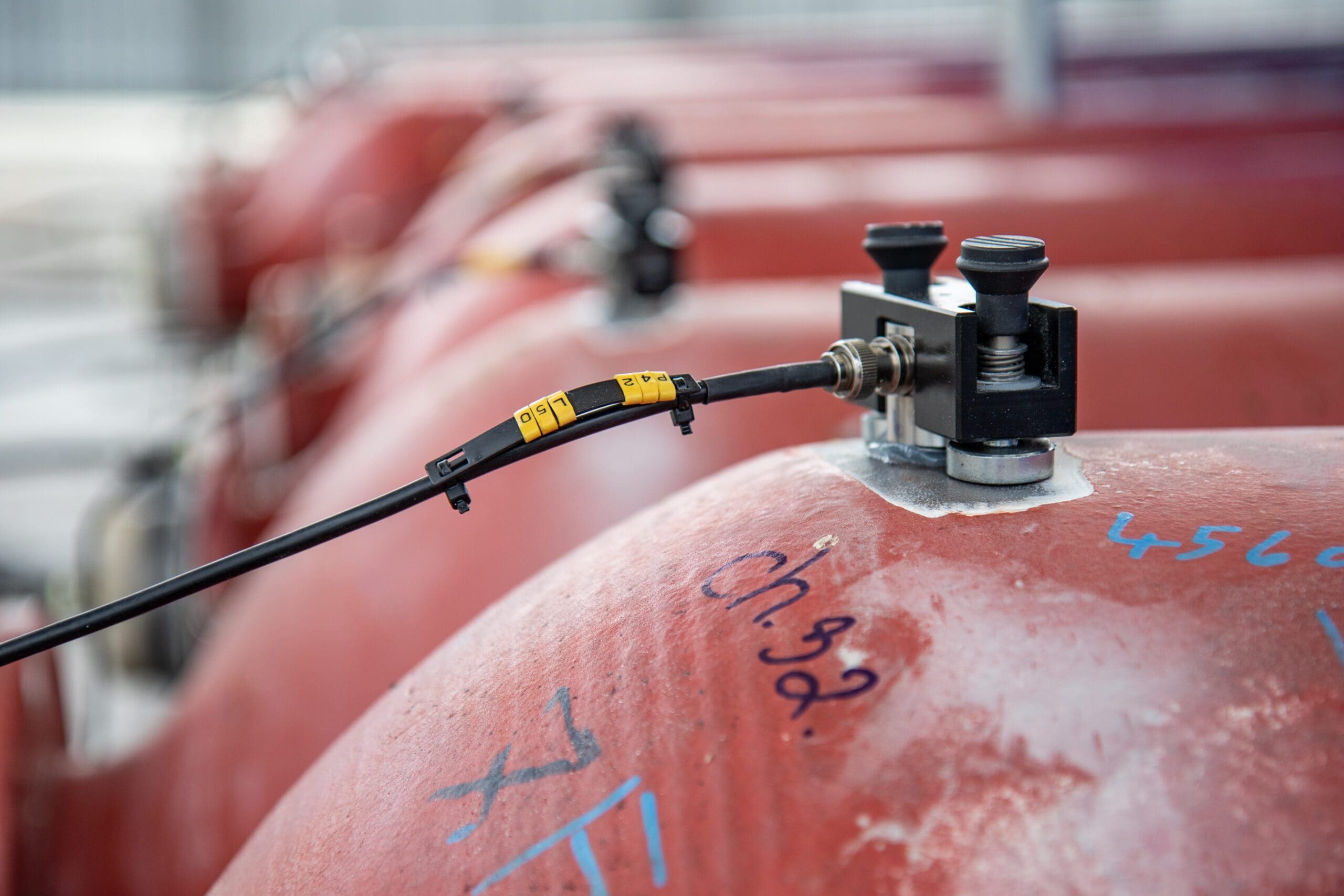Storage Tanks
Thermoplastic Tank Inspections
Ensure the safety and continued service of your Thermoplastic Tanks.
Explore how we work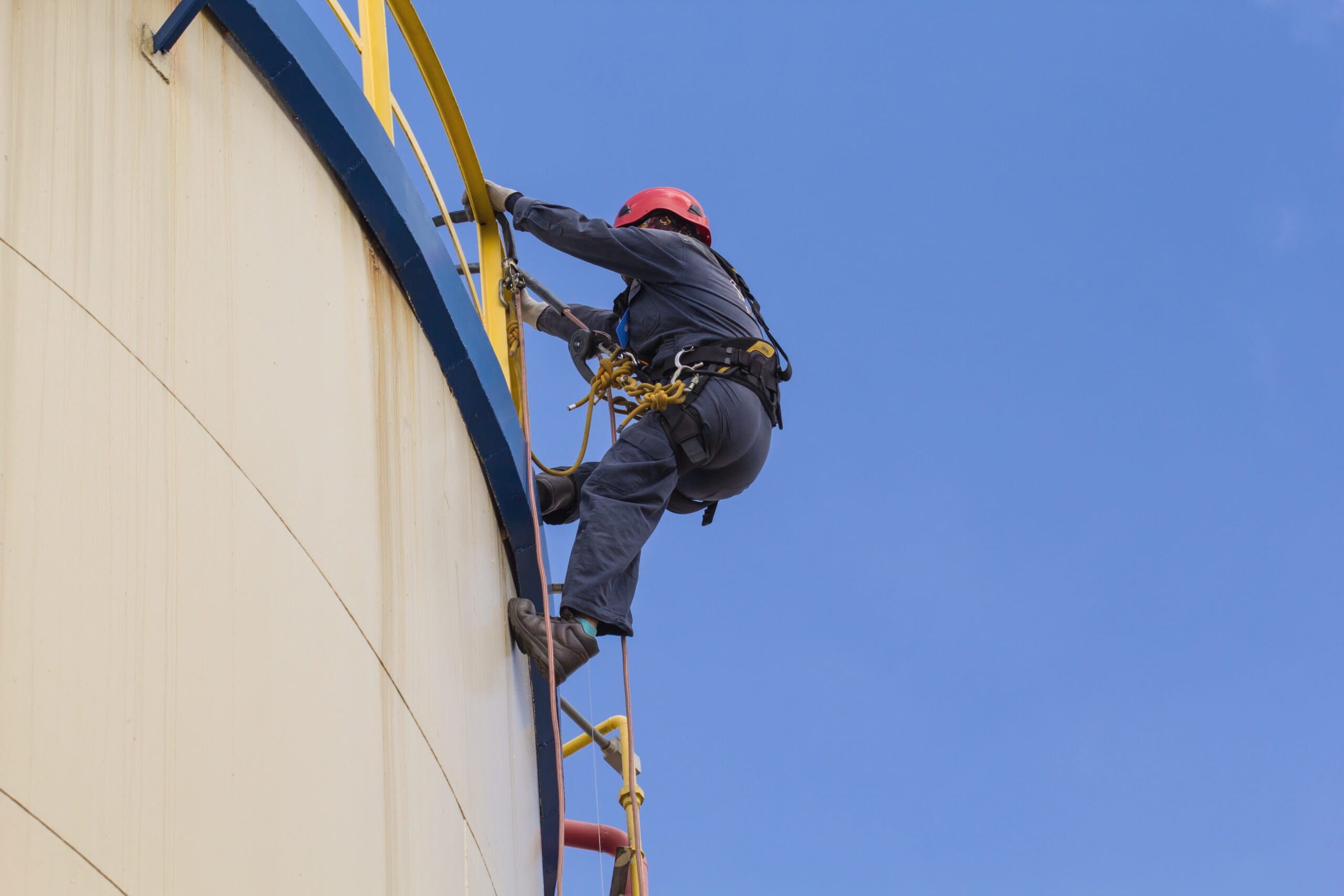
Interested? Let’s talk.
Send us an enquiry
What is a Thermoplastic Tank Inspection?
Our thermoplastic tank inspections encompass a comprehensive approach that adheres to industry best practices and regulatory requirements, including COMAH and PUWER regulations. We conduct our inspections in line with EEMUA 225, SAFed IMG02c, and PM 86 Guidance, ensuring the integrity of your tanks.
Thermoplastic tanks are made of materials that are resistant to corrosion and chemicals, but they can still develop cracks or other damage over time. We employ advanced non-destructive testing (NDT) techniques, such as ultrasonic thickness testing (UT), water-based fluorescent dye penetrant crack detection, and spark testing (AC or DC holiday testing), to identify potential defects and damage that may not be visible to the naked eye.
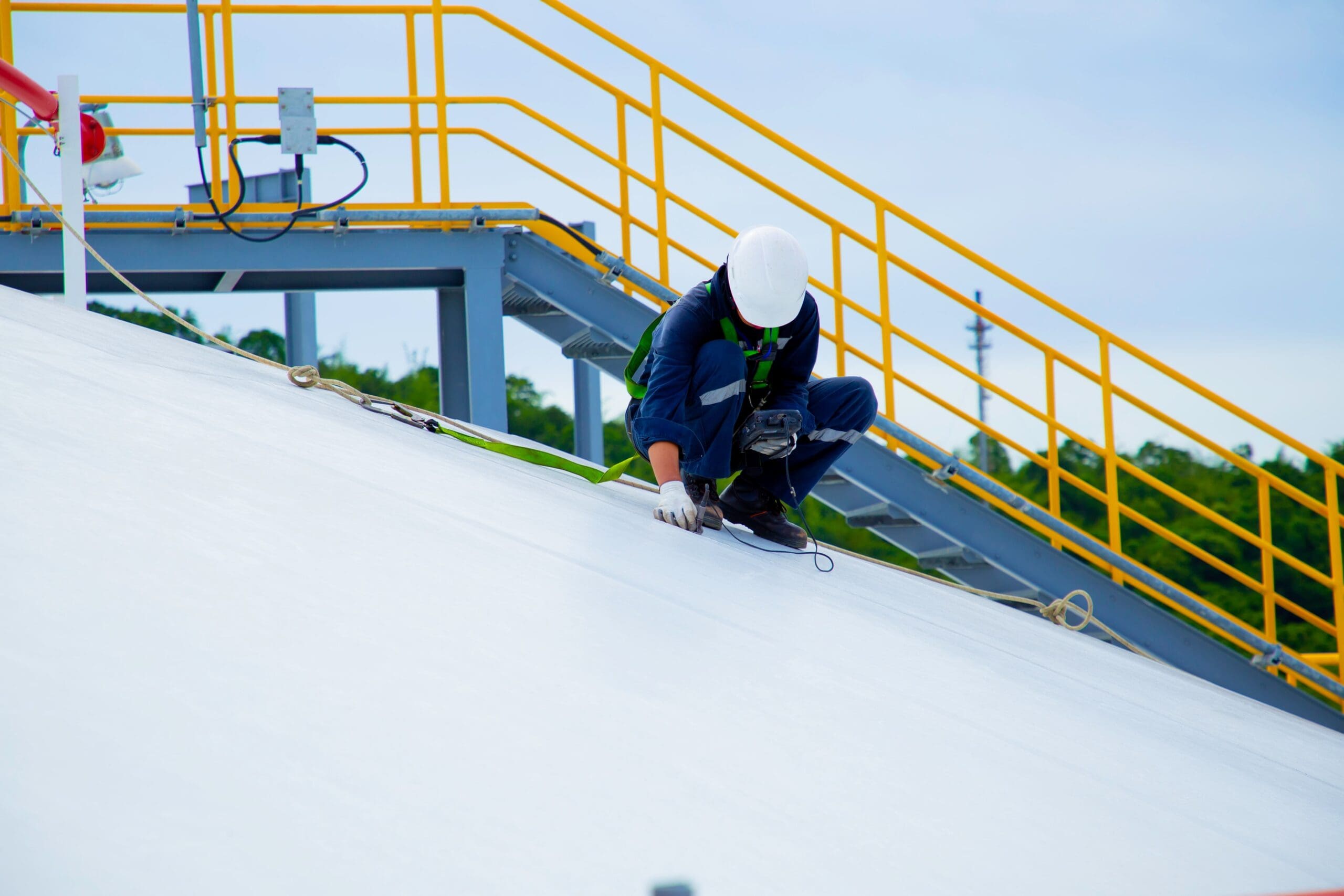
Who we’ve partnered with...





Key benefits
Ensuring safety
Regular inspections can help to identify any potential problems before they lead to leaks or other safety hazards.
Extending service life
Thermoplastic tanks can last for many years, but they will eventually need to be replaced. Regular inspections can help to identify any signs of aging or wear and tear, so that repairs can be made to extend the tank's service life.
Compliancy
In some industries, such as the chemical and oil and gas industries, there are regulatory requirements for inspecting thermoplastic tanks. Regular inspections can help to ensure that your tanks are compliant with these requirements.
Let's talk
Send one of the team a message
Not seeing what you expected?
Try using our search
Explore what our clients say


How we'll work with you
We offer a comprehensive turnkey solution that includes inspection, NDT, assessment, and recommendations for continued service, ensuring your tanks remain safe and reliable assets.
Our team can also provide basic repair consultancy to address any identified defects or damage.
We are also able to offer our customers In Service or Out of Service inspections in line with EEMUA 225, SAFed IMG02c, and PM 86 Guidance, under in-house procedures.
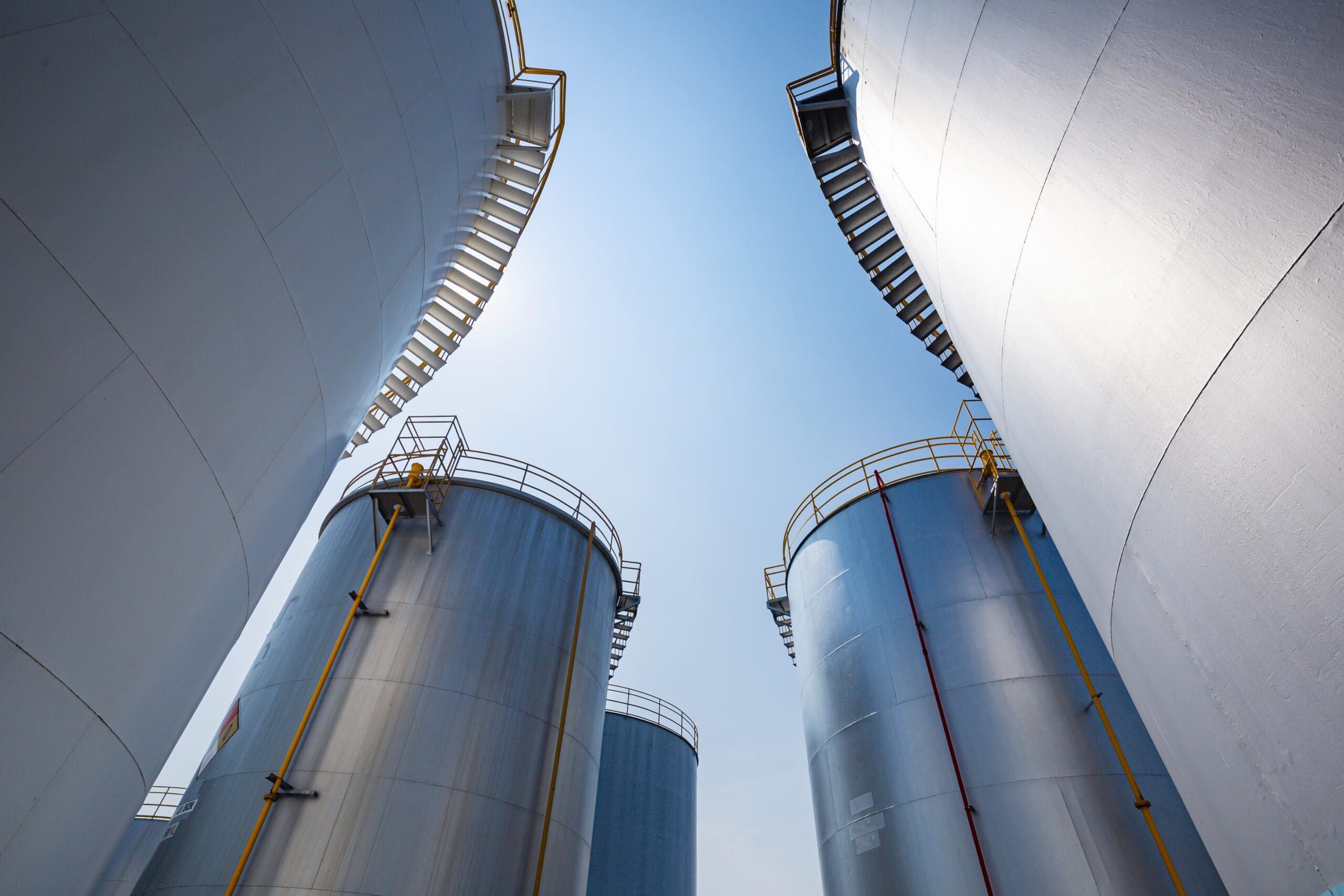
Our qualified assessors, including EEMUA 159 Tank Assessors and ASME Plant Inspectors Level II, conduct thorough assessments to determine the structural integrity and operational fitness of your thermoplastic tanks. This assessment provides valuable insights into the condition of your tanks and informs our recommendations for continued service.
Here are some examples of the types of assets we can inspect:
Chemical Storage Tanks
Scrubbers
Demisters
Effluent Tanks
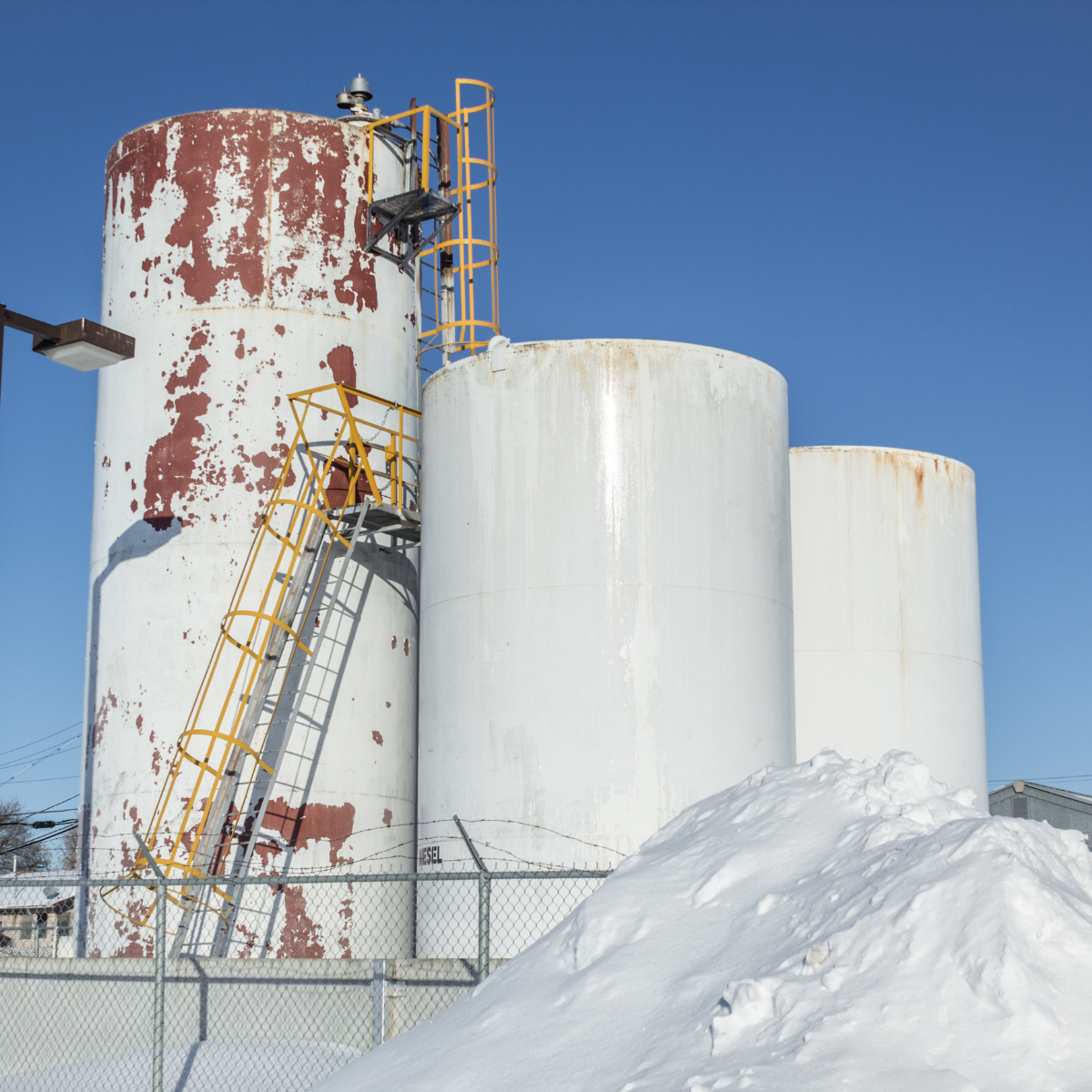


Our process
Speak to us about the processLet’s talk. Ask us anything.
Send one of the team a message
Why choose BES Group?

35,000 satisfied customers
A strong reputation for providing exceptional service.

800+ expert engineers
Our team of skilled engineers possesses a wealth of expertise.
A legacy of 160+ years of experience
We’re always evolving our approach to future proof our services.
Commitment to quality
BES Group is committed to providing our customers with the highest quality services possible. We use state-of-the-art equipment and software, and our assessors are all certified to the highest standards.
Industry expertise
Our specialist experience in EEMUA 159 (Qualified Tank Assessors), pressure vessels, and a wide range of industries allows us to apply the best-fit procedures and code calculations to non-code-built assets.
Nationwide service offering
No matter where you're based, we're proud to say that we can carry out Tank Inspections on sites throughout in the UK.
Frequently asked questions
How often do Thermoplastic Tanks need to be inspected?
How often inspection of Thermoplastic Tanks should be inspected depends on several factors, including the type of tank, the chemicals being stored, the environmental conditions, and the local regulations. However, a general rule of thumb is to have your thermoplastic tanks inspected every five years.
What are the types of Thermoplastic Tanks?
1. PP (Polypropylene) 2. HDPE (High Density Polyethylene) 3. MDPE / LDPE (Medium and Low Density Polyethylene) 4. PVC-U (Polyvinyl chloride) 5. PVDF (Polyvinylidene Fluoride) 6. ECTFE (Ethylene and Chlorotrifluoroethylene)
Sectors we service
Dive into the diverse landscapes where BES Group sparks innovation and drives impact.
Let’s talk. Ask us anything.
Send one of the team a message
Insights & news
Browse our latest articles
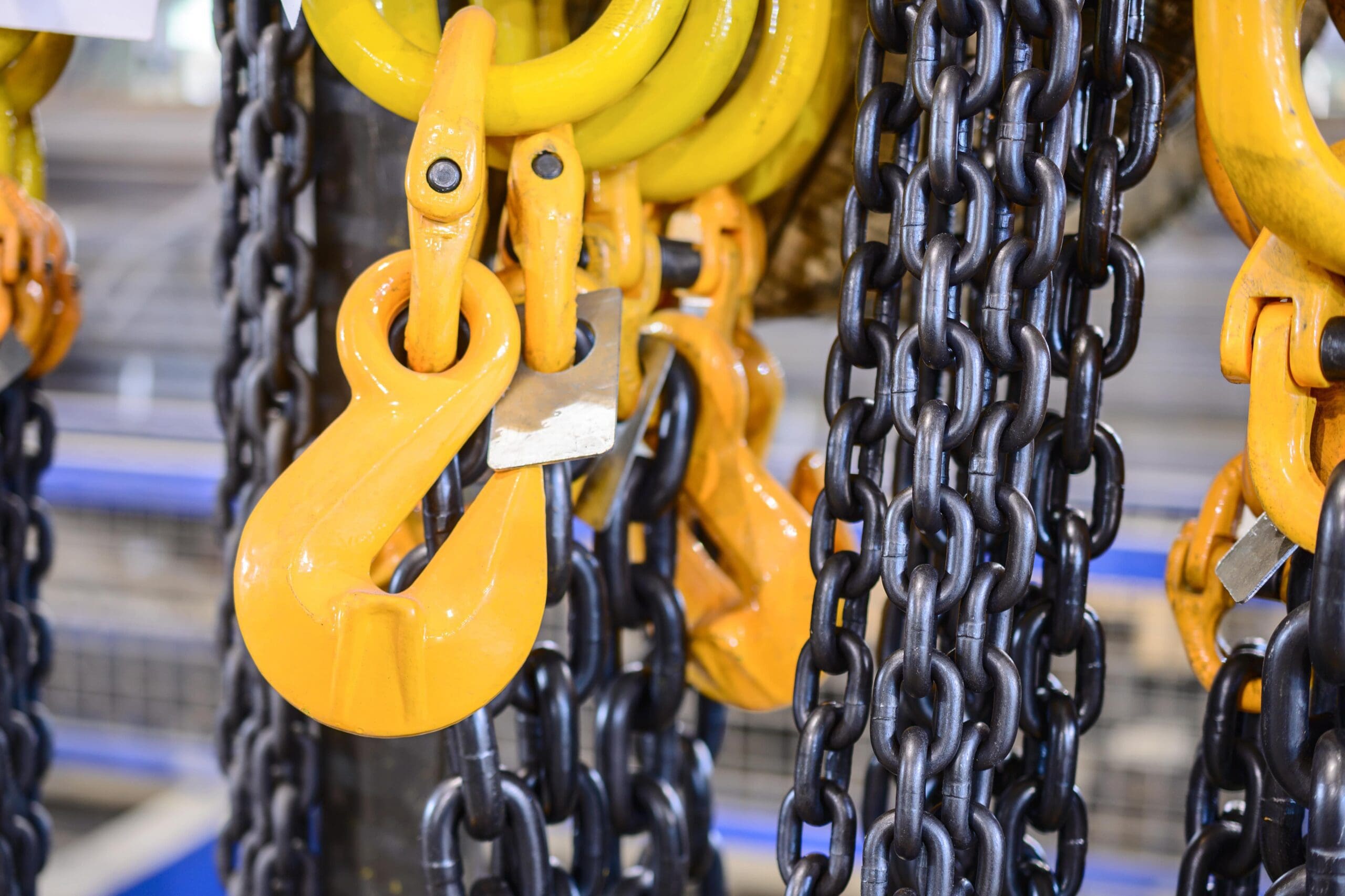
BES Group expands into Europe with ECH Groep acquisition
Acquisitions BES Group News Inspection

Ensure Your Assets Are Winter-Ready with Pre-Winter and Post-Winter Storage Tank Inspections
Inspection
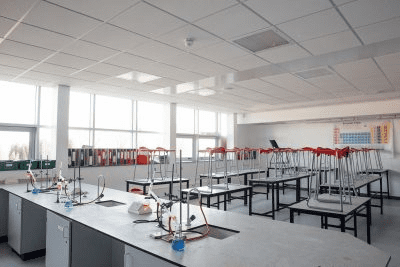
School Shutdowns: A Comprehensive Guide on Electrical Equipment Maintenance
Electrical Inspection
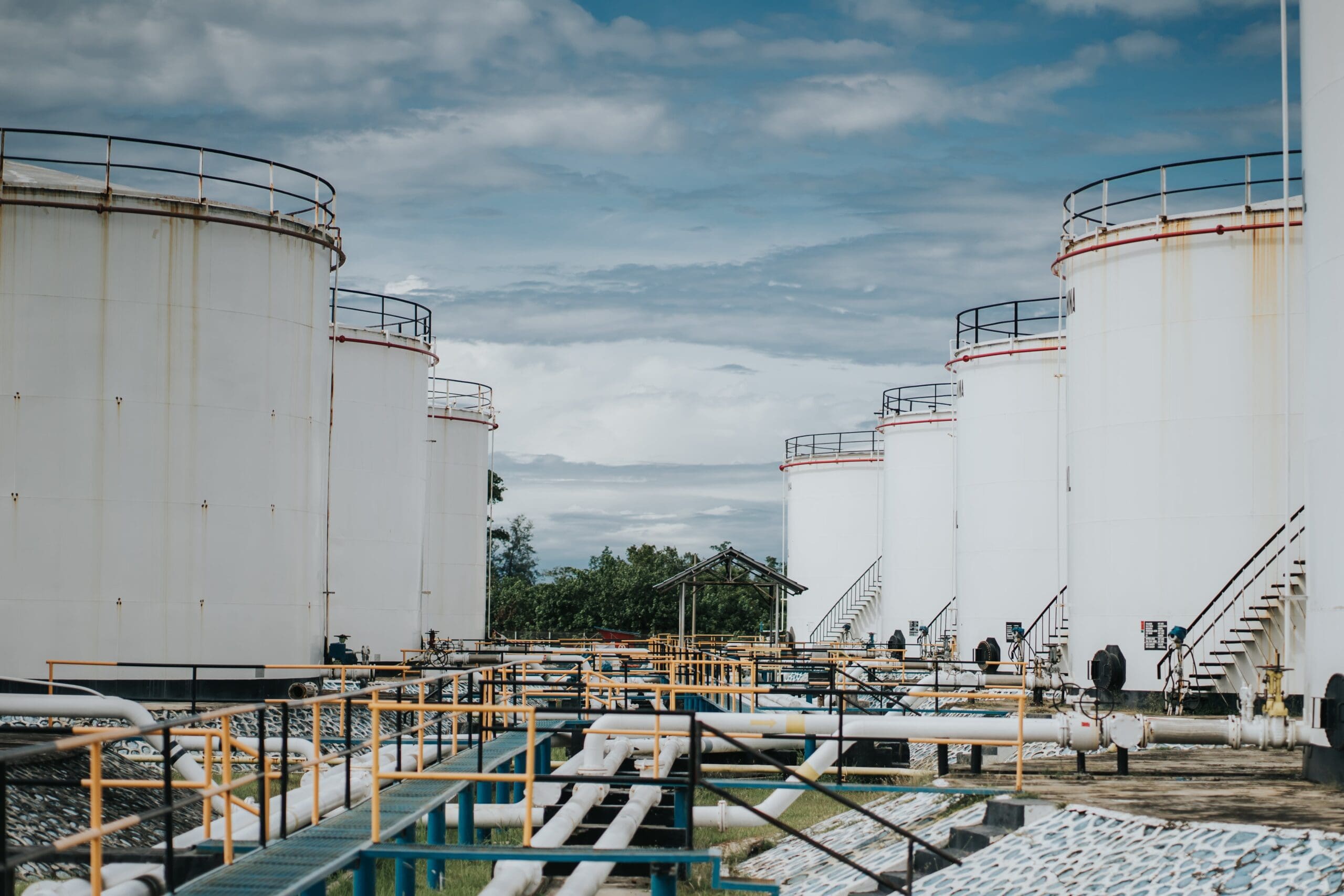
Storage Tank Inspections: Your Commonly Asked Questions
Inspection

Factory Shutdowns: How to Manage Your Maintenance Operations Efficiently
Asset Reliability Electrical Inspection Testing
Other similar services...
Looking for something else? Explore similar services...
Let’s get you to the right person, fast.
Thank you, enquiry submitted!
Please check your inbox. We have sent you an email receipt of your enquiry.
We treat every enquiry with the upmost urgency. We’ll aim to get in touch with the relevant BES Group specialist and get back to you as soon as possible*.
Thank you again and have a great day.
 About BES Group
About BES Group Accreditations & Credentials
Accreditations & Credentials Our Environmental, Social & Governance
Our Environmental, Social & Governance Careers at BES Group
Careers at BES Group Our Senior Leadership Team
Our Senior Leadership Team




